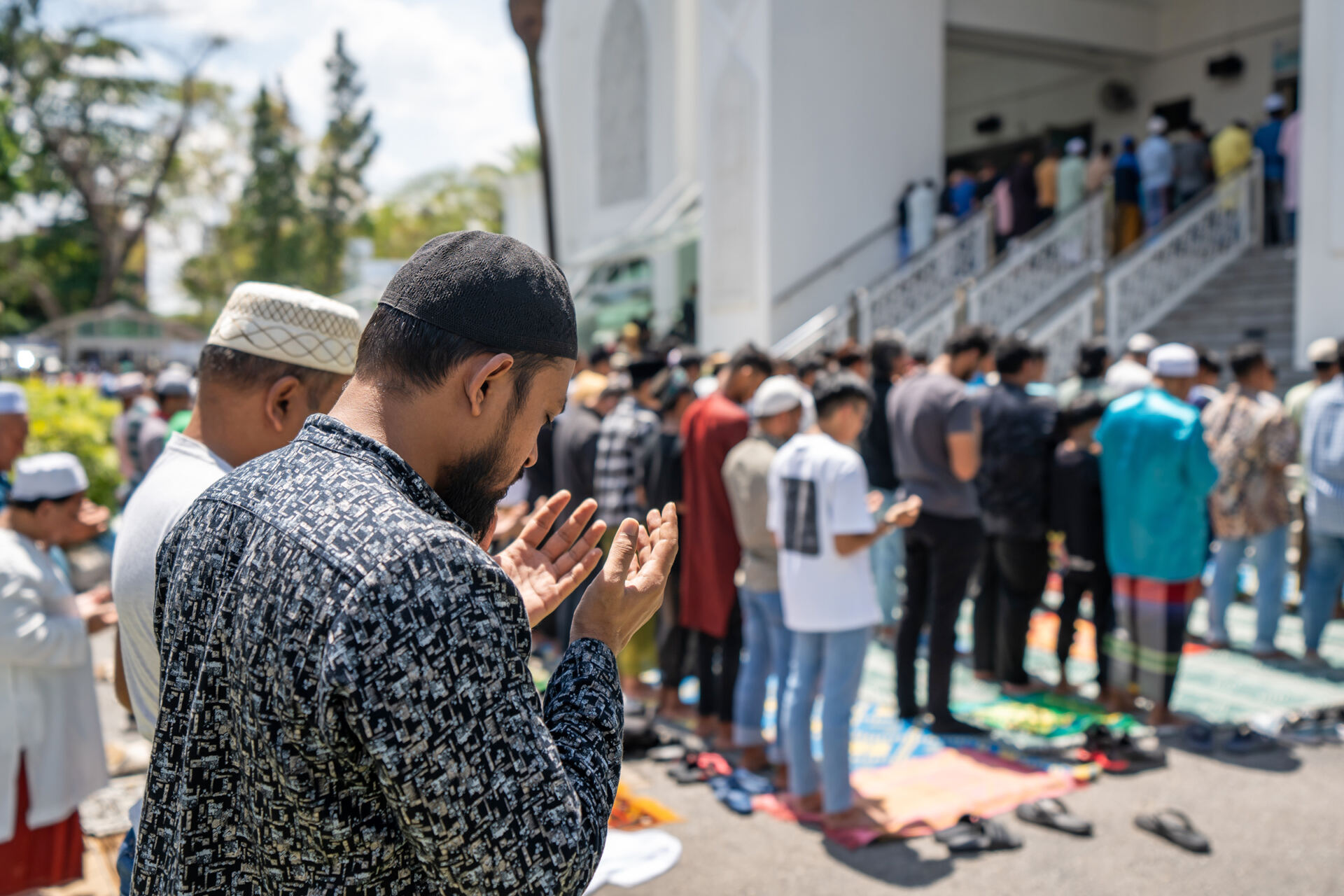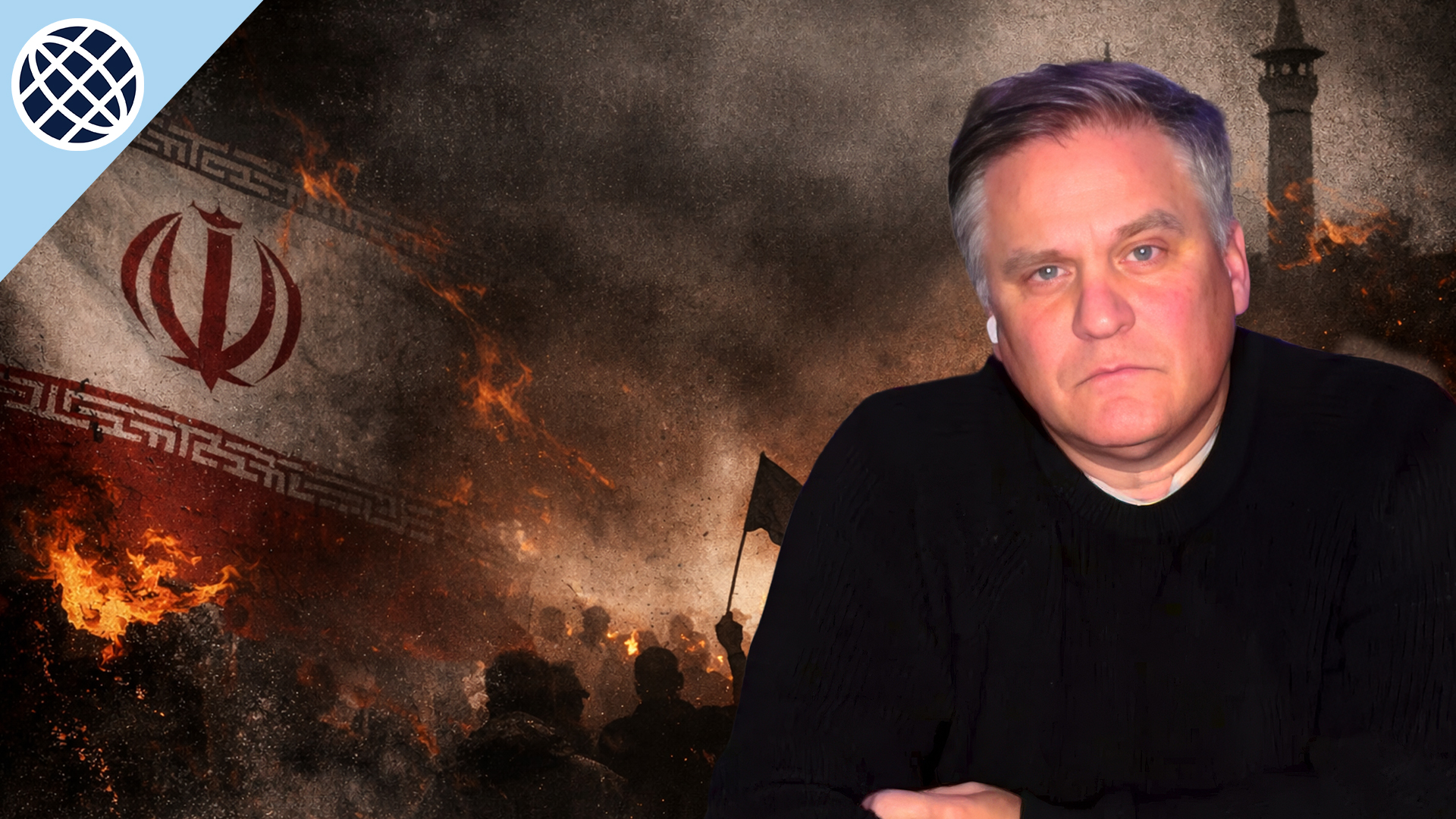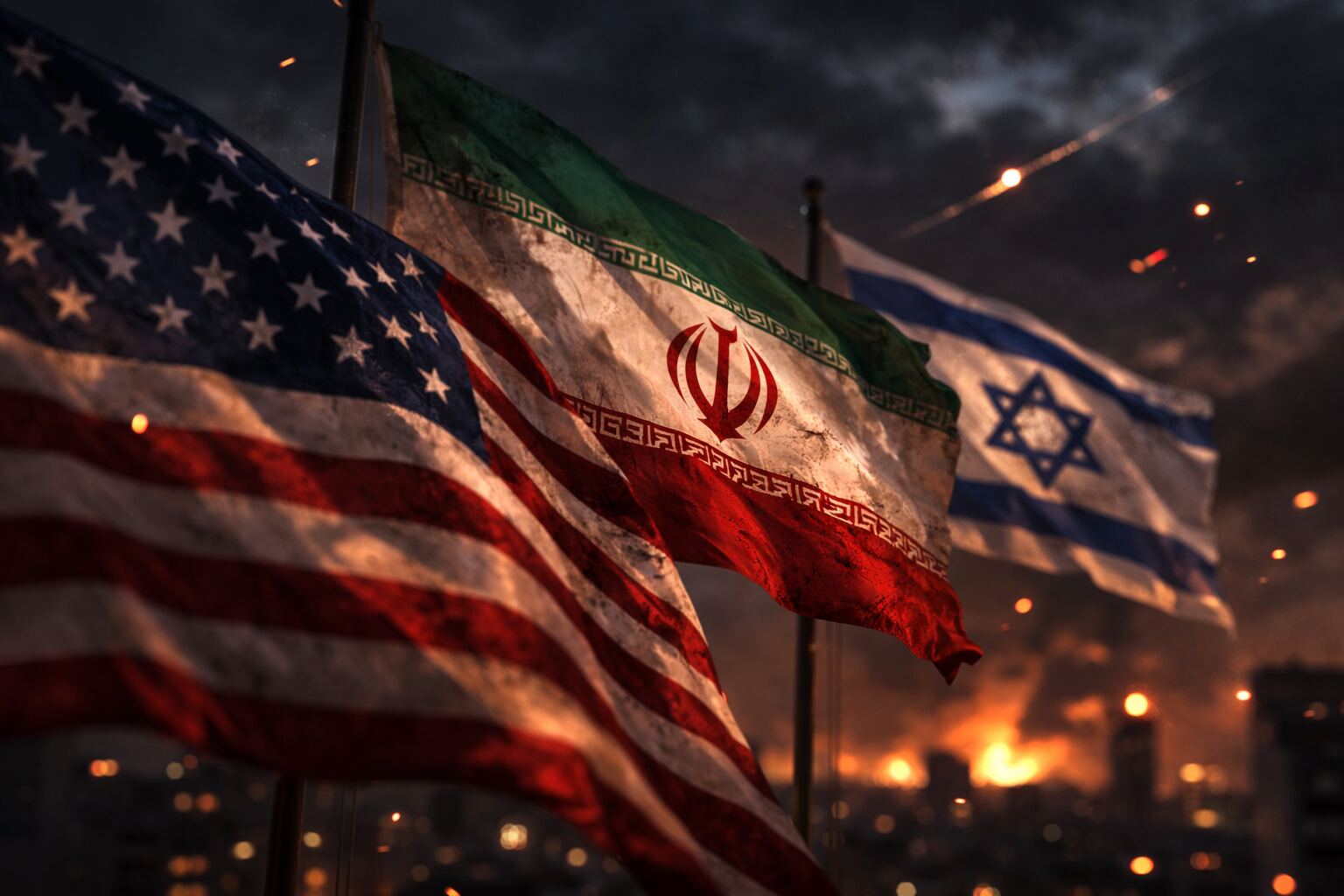Unreached People Group: The Fulani
At a Glance:
Dominant Religion: Islam (>99%)
Population: 38 million
Location: Central and western Africa
Background:
The Fulani are a nomadic people covering large swaths of central and western Africa.[1] They are the world’s largest nomadic population, and their transient nature presents unique difficulties to evangelism as additional effort and research are required to follow their movements. As a result of their constant migration, traditional church planting and ministry initiatives are not as effective. Though this can be difficult, it is an opportunity to approach evangelism with a fresh perspective and to develop new and effective strategies to reach this group.
The Fulani are also deeply entrenched in Islam, with nearly 100% of its population adhering to it. As such, they are adamantly resistant to evangelistic attempts, and making gospel inroads is arduous.
The heritage of the Fulani stretches back centuries. From the beginning, they have embraced Islam and are proactive to spread their religion wherever they go. This religiously zealous people group, though nomadic, have not entirely kept to themselves. They have been actively engaged in holy wars and political movements, resulting in significant influence in central and western Africa. They have also been violently hostile to Christian evangelistic attempts, killing or driving off those who make such attempts.
This physically remote and spiritually closed people group, historically unreached by the Christian faith, is in dire need of the hope of Christ. Despite these significant barriers, there are still significant opportunities for the gospel to break through the spiritual blindness that pervades the Fulani. With strategic initiatives, faithful laborers, and, most importantly, the work of the Holy Spirit, this Islamic and oftentimes violent people group can come to faith in Christ and be a testament to the power of God to save the lost.
Prayer Points:
- Pray that the Spirit would present gospel opportunities and empower effective initiatives to the Fulani people.
- Pray for the heads of Fulani households, which are usually polygamous, to be struck with a fear of the Lord and a right understanding of marriage, family, and leadership.
- Pray for those members of the Fulani who are involved in jihadist attacks, that they would see the wickedness of their actions and the futility and hopelessness of the religion to which they hold.
- Pray for the safety of missionaries who engage this people group, that their lives and health would be preserved to continue gospel work.
- Pray that the lies of Islam would lose their stronghold on the Fulani population.
- Pray most of all for a wide-spread, heart-softening work that only the Spirit can do.
[1] Benin, Burkina Faso, Cabo Verde, Cameroon, Central African Republic, Chad, Cote d’Ivoire, Gabon, The Gambia, Ghana, Guinea, Guinea-Bissau, Mali, Mauritania, Niger, Nigeria, Senegal, Sierra Leone, Sudan, Togo
Editor’s Note: This article was originally published by Focus on the Family on February 18, 2024. Used with permission.






